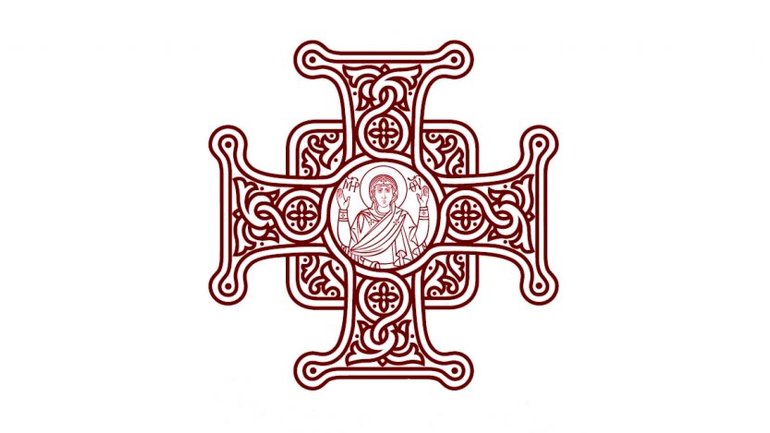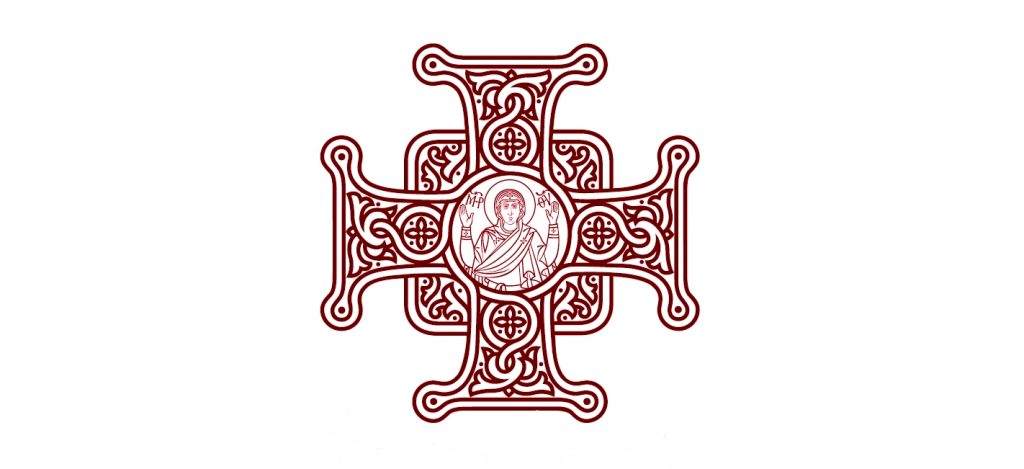OCU Synod issues 10 instructions regarding the celebration of Palm Sunday and Easter under the quarantine

During the feast of the Entry of the Lord into Jerusalem (Palm Sunday), Holy Week, Easter and Paschal week, the Synod of the OCU, which took place on April 9, issued the following recommendations:

a) through mass media, announcements, sermons and communion, bishops and clergy should ask all laypeople to stay at home and join in prayer through broadcasts on different media (from a local church or the Diocesan Cathedral or the Cathedral of the Primate);
b) given the ban on mass religious events, the usual mass blessing of willow branches and Easter meals for laypeople in the churches and the church adjoining territory should not take place, so as not to allow people to gather;
c) during off-duty hours, laypeople who come by one to the church with religious needs should not be rejected; rectors of parishes and heads of monasteries should ensure, where possible, that during the holidays, especially on Sunday, April 12, Saturday, April 18 and Sunday, April 19, one regular clergyman stays in the Church for individual communication with parishioners and to meet their religious needs;
g) in small settlements (villages, urban settlements, in areas with prevailing individual development) the laity should be kept updated about the conduct of Easter food blessing at places of residence – on the street near the house or in the yard, with the observance of "social distance"; in case of the private blessing of Easter meals at the places of residence of the believers their accumulation should be prevented and compliance with the general rules of quarantine should be monitored; individual consecration in Sunday, April 19, and on the eve of Saturday, April 18 (compliance with regulations for use of the hymns of Holy Saturday);
d) in agreement with the relevant institutions, the early blessing of Easter food (during the days of Holy Week) should be organized on the sites where they are produced and sold, with the request that during the purchase, the faithful are advised in writing that their meals were blessed by an Orthodox priest;
e) if the laity is unable to receive the blessing of the willow tree in any of the above ways, then allow the laity to sprinkle them with Holy Water on the day of the feast after reading the appropriate prayers of blessing in the temples.
f) during the services of Holy Week and on Easter, the tour around churches provided for by the Statute, according to local circumstances, the shroud should be not be carried around the temple or it should be carried around in the temple itself, or a tour around the temple should be made only by those who participate in the relevant service, with the observance of "social distance"; if the procession on Easter is not performed, immediately after the exit Matins should begin in front of the temple doors;
g) visits by priests and laymen of cemeteries on memorial days after Easter and performance of funeral prayers there should be postponed to the Trinity Parental Memorial Saturday (June 6, 2020);
h) during Easter, through announcements, sermons and in the mass media, an appeal should be made to family members of elderly persons or their caregivers to ensure that during the holiday, such persons get their blessed Easter meals delivered at their homes and are not deprived of a traditional festive meal through the observance of the quarantine rules;
i) diocesan bishops, abbots, and heads of monasteries should ensure that they establish contact with the local National Police authorities, in particular with the person responsible for mobile communications designated by them, so that they can resolve any questions that arise.









